The International Horticulture Expo 2019 is to open with the theme of "Live Green, Liver Better" in Beijing, China's capital. The 162-day event aims to bring together novel technologies and gardening as well as provides an immersive horticulture experience for visitors.
Not far away from the Yanqing district where the expo is located, a forum that focuses on contemporary landscape planting is held in Beijing's China Flower Arranging Art Museum from May 4 to 5.
Different from the bustling theme park, the forum seems much more cooling. The auditorium is simple with little decorations, but don't be fooled by the look. The forum is expected to have fruitful results with the eight attending world-leading planting designers including Dr. Piet Oudolf, Tom Stuart Smith, Professor James Hitchmough, Claudia West, John Greenlee, Thomas Rainer, Professor Cassian Schmidt and Dr. Hang Ye.
Eight masters, eight lectures, and many examples and practices will be offered during the forum, but the essence of the conference revolves around one word: sustainability.
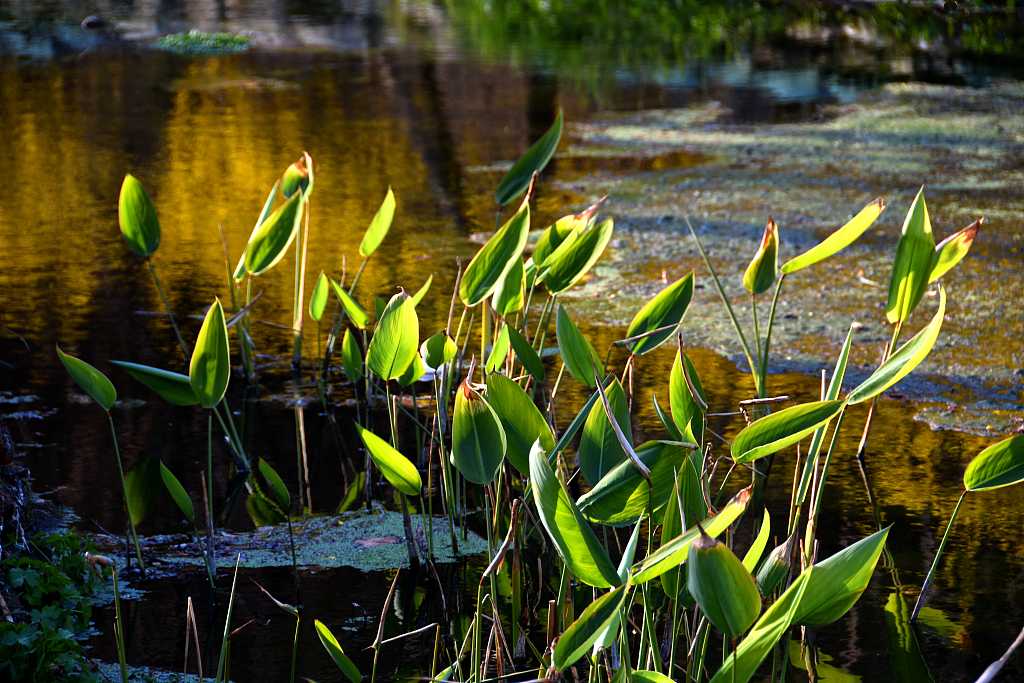
The essence of the forum revolves around one word: sustainability. /VCG Photo
The essence of the forum revolves around one word: sustainability. /VCG Photo
How to design a beautiful yard with plants?
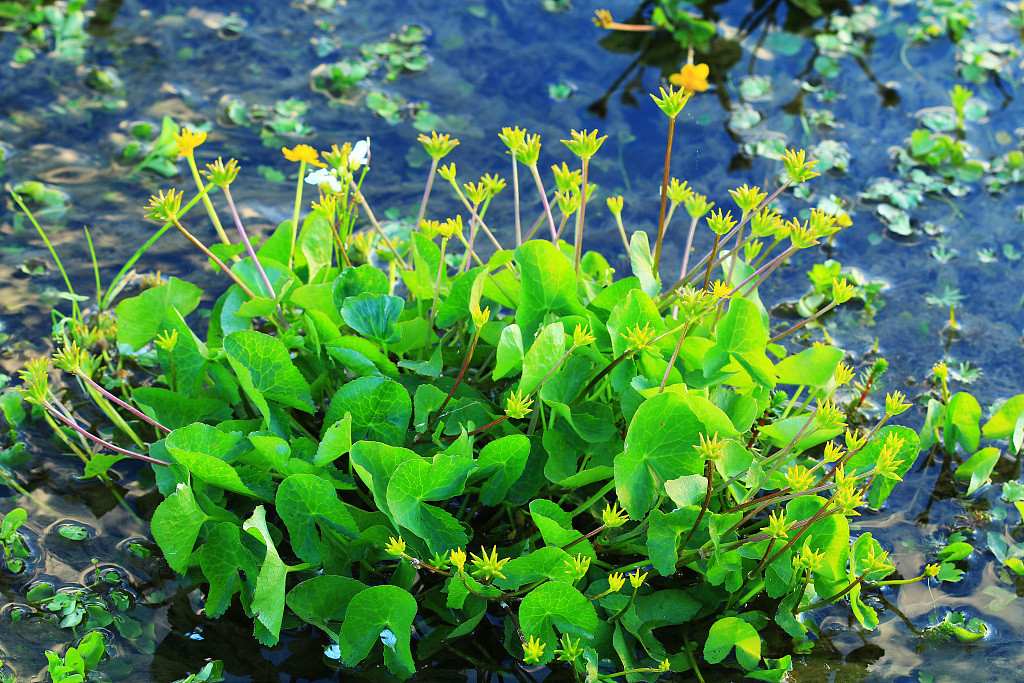
Right plant, right place! /VCG Photo
Right plant, right place! /VCG Photo
Landscapes need to be carefully designed with various plants. It's not just to put a bunch of plants in the soil and let them grow. Place the plants in the soil where they naturally grow, so they can grow healthy and strong with low maintains.
Plants need specific soil to thrive. A water plant can't live in a desert place. Respect nature of the plants and they will grow best.
Biodiversity should be promoted. A wider range of plants should be used. According to Hitchmough who is best known for his work on creating the ecologically based planted landscape at the 2012 London Olympic Park, ideas about ecological and cultural integration can be applied to any scale or any type of vegetation. This can lead to urban vegetation that is less expensive to make and manage, more resilient, longer living and self-regenerating, also has very high levels of seasonal change.
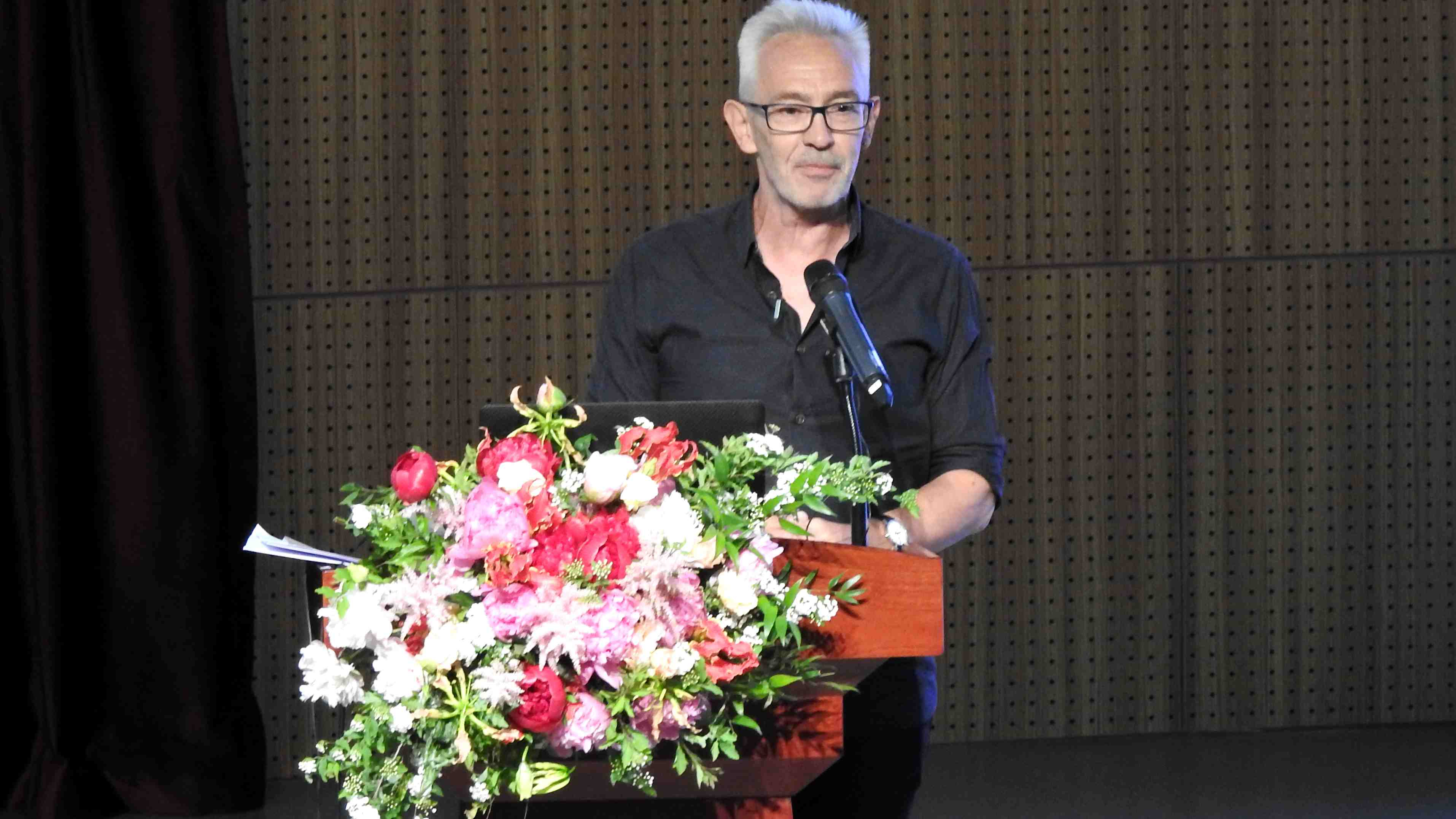
Professor James Hitchmough has visited China more than 30 times and traveled extensively looking at native vegetation and urban planting. /Photo by CGTN's Ding Qian
Professor James Hitchmough has visited China more than 30 times and traveled extensively looking at native vegetation and urban planting. /Photo by CGTN's Ding Qian
Gardeners are also very important in landscape's long-term maintains, said Dr. Oudolf who has designed the most visited urban park in the world, the High Line in Manhattan in New York. Via presenting the different photos of the same spot in different seasons, the doctor stresses the significance of sustainable ecology and species intermingling in designs.
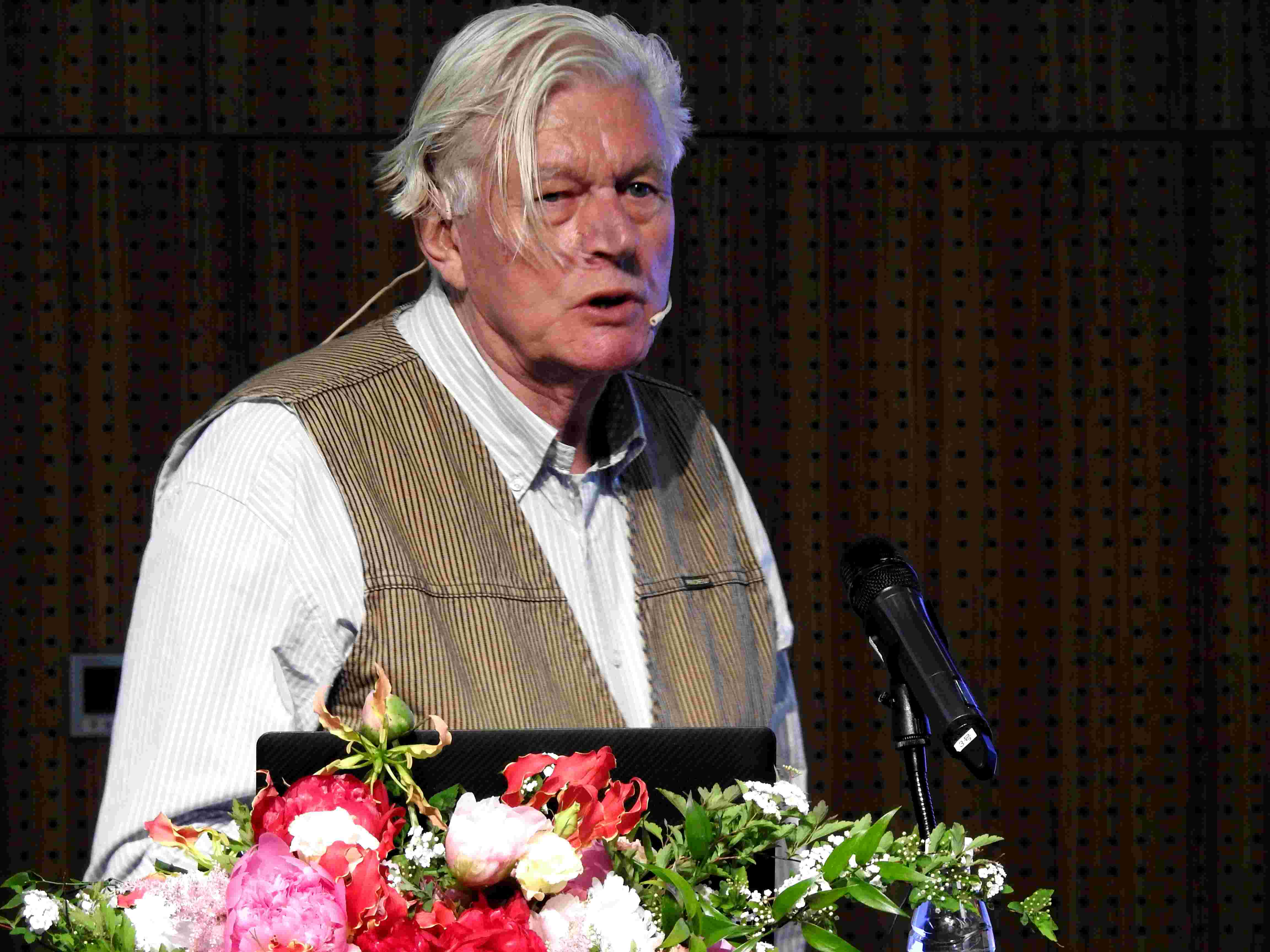
Dr. Piet Oudolf, a seminal figure in the "Dutch New Wave" which sought to achieve a balance between nature and culture in the design of urban landscapes. /Photo by CGTN's Ding Qian
Dr. Piet Oudolf, a seminal figure in the "Dutch New Wave" which sought to achieve a balance between nature and culture in the design of urban landscapes. /Photo by CGTN's Ding Qian
The differences between Western and Chinese landscape planting designs
The UK has a long history of gardening. Many families have been continuing managing their yards for hundreds of years. As a medium to get people together, gardens can help people to stand back from the person-centered world and be part of nature again. Planting is a journey, says Tom Stuart-Smith, a British landscape architect who has designed eight Gold Medal winning and three best in show gardens at the Chelsea Flower Show.
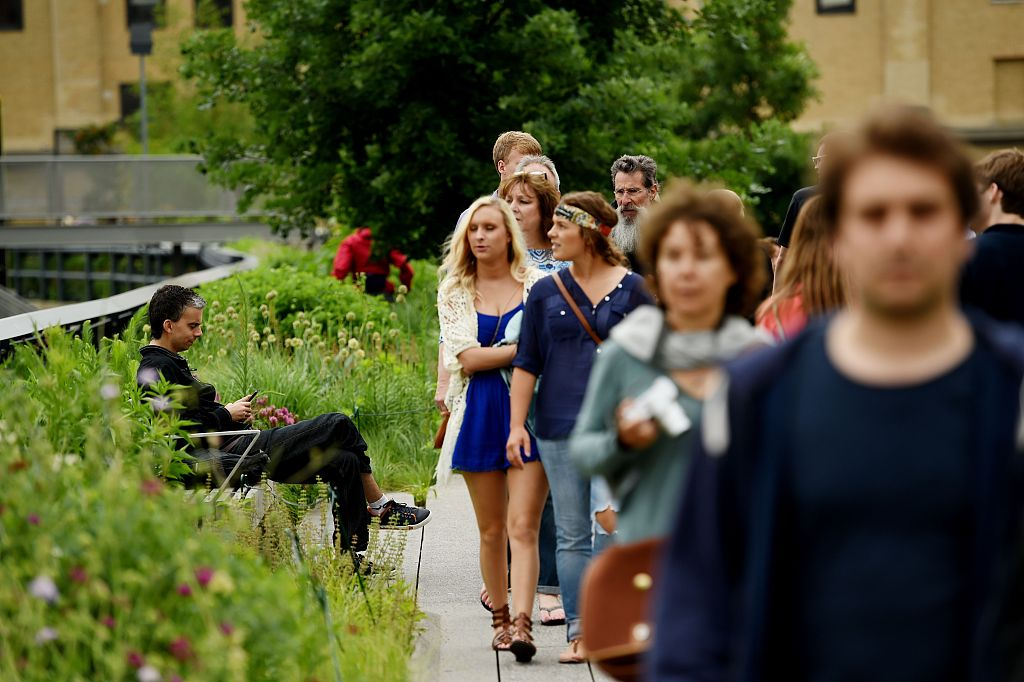
Formerly an elevated train track, the High Line was converted to an elevated park in the Chelsea section of Manhattan, New York. /VCG Photo
Formerly an elevated train track, the High Line was converted to an elevated park in the Chelsea section of Manhattan, New York. /VCG Photo
In many advanced societies, people have lost touch with nature. Large and fast development doesn't fit well in sustainable ecology which is a longer-term process. In the west, the public likes to see the process of plants growing and decaying, appreciate the beauty of life circle. While in China, the general is more into seeing the blooming flower shows.
Cassian Schmidt, the director of Hermannshof Garden, says the planning for the horticulture exhibition in Germany usually takes ten to twenty years so that there is enough time for plants to grow and allow the garden to adapt to the city. While in China, things happen a lot faster.
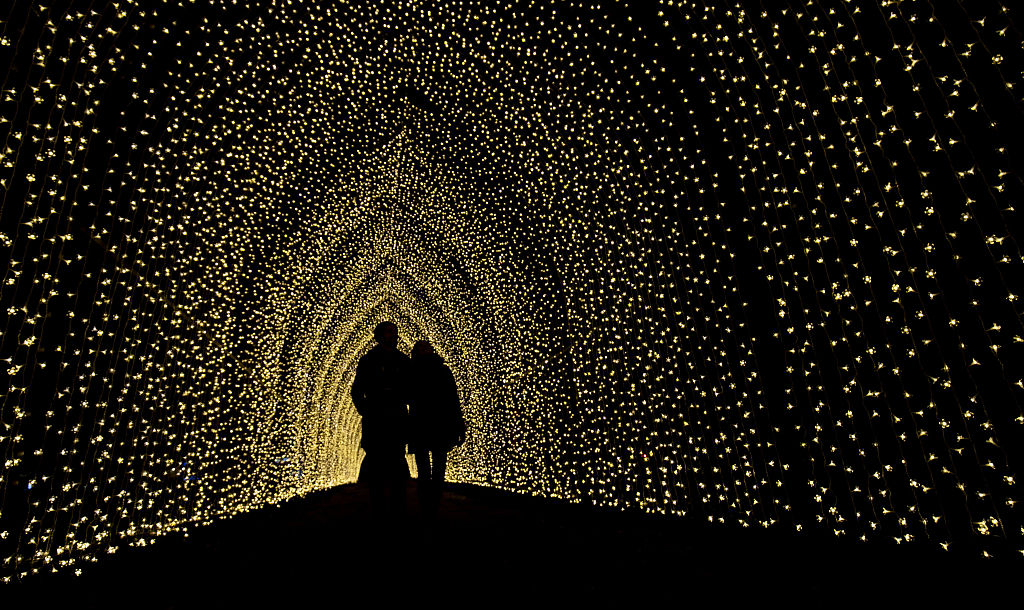
Over one million lights are illuminated, as part of Kew Garden's after-dark landscape trail at the Royal Botanic Gardens in the UK. /VCG Photo
Over one million lights are illuminated, as part of Kew Garden's after-dark landscape trail at the Royal Botanic Gardens in the UK. /VCG Photo
But there is no one universal standard, he continues, different formats should be applied according to conditions. The gardens with more sustainability and low maintenance are preferred in the future.
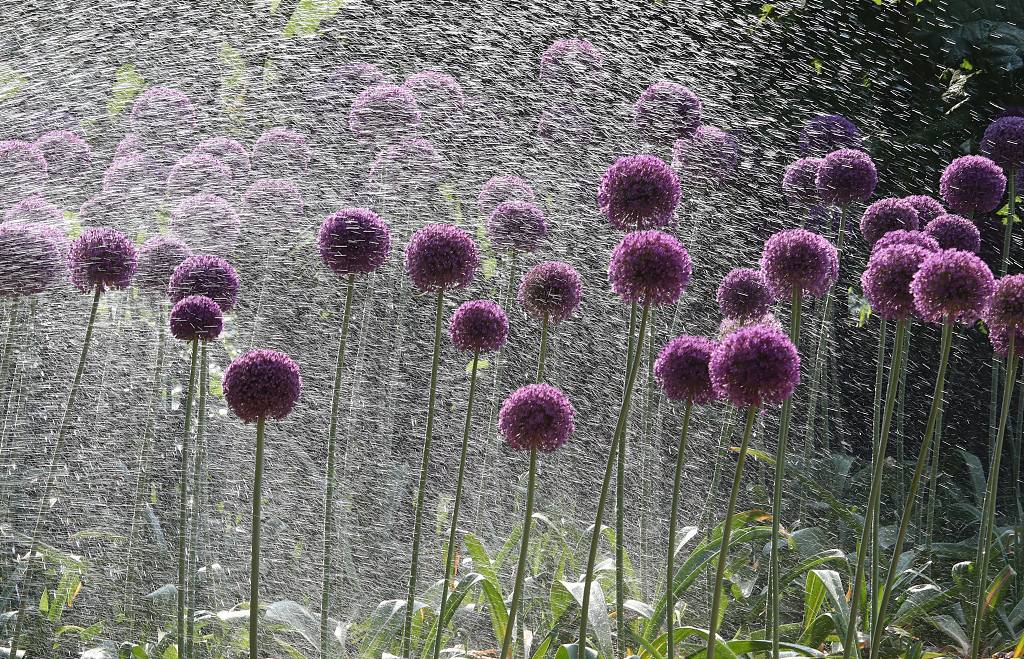
It takes time for plants to grow strong. /VCG Photo
It takes time for plants to grow strong. /VCG Photo
Listen to nature
Most audiences attending the forum are Chinese professionals and students. They listen to the lectures thoroughly. Although most city-dwellers live in concrete "forests," horticulture is getting more attention in this country with a growing quantity of vegetation. However, to establish a more sustainable ecology, the improving diversity of the plant species is essential.
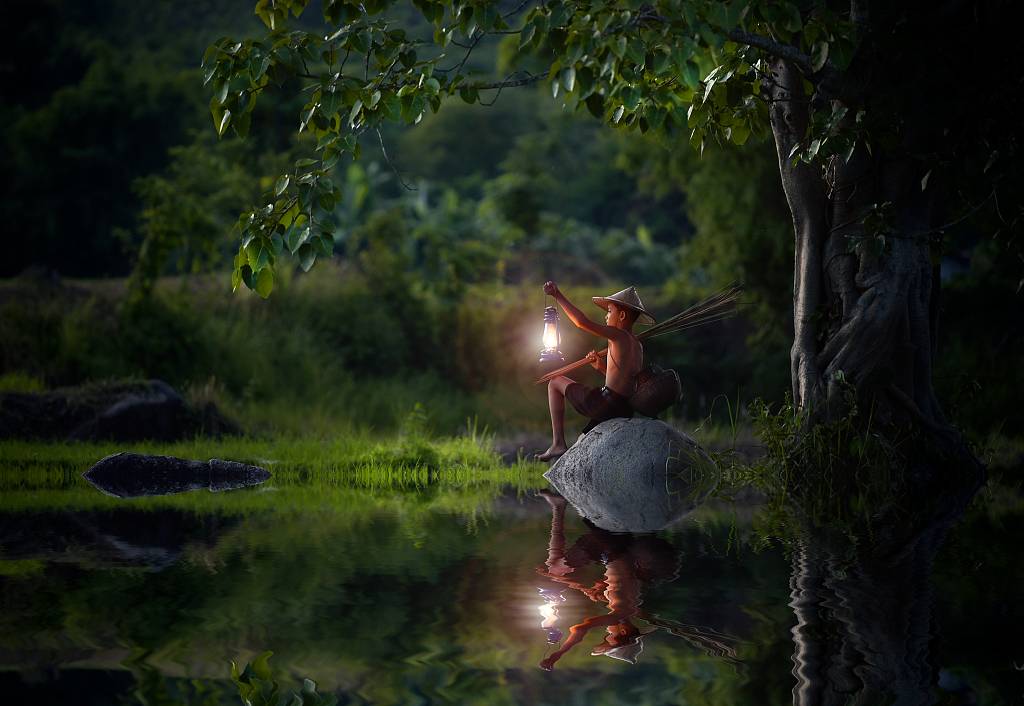
Listen to nature. /VCG Photo
Listen to nature. /VCG Photo
Go to nature and listen to it! See the beauty of nature yourself, the world-leading designers suggest. Not separate yourself from nature, be part of it, this is how great works get inspired.
(Cover images via VCG)
(If you want to contribute and have specific expertise, please contact us at nature@cgtn.com.)










